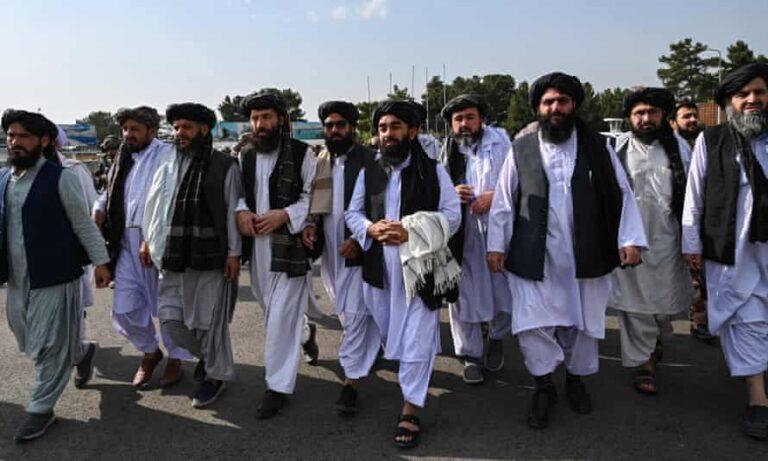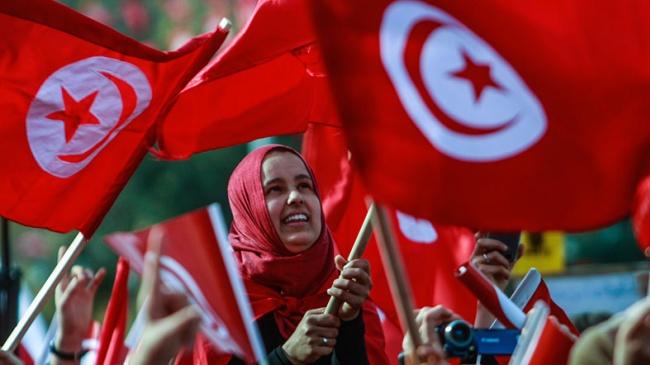Translated by Leo Kendrick
Turkey is now ten days into its struggle against widespread wildfires across the country, as outbreaks especially in Aegean and Mediterranean regions continue to force evacuations. Meanwhile, neighboring countries and allies have reached out with aid to bolster Turkey’s underequipped firefighting capabilities.
The wildfires have made front-page headlines since the original outbreaks in Turkey’s Aegean and Mediterranean regions on Wednesday, July 28. In the nine days since, Minister of Agriculture and Forestry Bekir Pakdemirli has announced that 180 fires in 38 different provinces have been taken under control, while wildfires in Antalya, Aydın, Denizli, Isparta, and Muğla continue to burn.

Muğla, Antalya continue to burn
Although 180 fires have been contained throughout Turkey, scores continue to burn with Muğla and Antalya provinces being disproportionately affected. The fires in Muğla province, which saw its first outbreaks on July 29, are ongoing in Marmaris, Köyceğiz, Kavaklıdere, Yılanlı, Seydikemer, and Milas districts. In the eight days since the initial outbreak, 36,365 people in 54 neighborhoods of the province have been evacuated.
A fire that threatened central districts of Milas’ Yeniköy neighborhood was successfully contained today as help arrived from planes and helicopters working to fight the blazes. After the fires threatened a thermal power plant in Yeniköy, a decision was made to evacuate ten nearby neighborhoods. Another major blaze in Milas’ Ören neighborhood has resulted in the area’s closure to incoming and outgoing traffic. Strong winds have aided in the spread of the fires, which also continue to burn in Akçakaya, Kıyıkışlacık, and Fesleğen neighborhoods.
Marmaris’ Orhaniye, Turgut, and Hisarönü neighborhoods have seen continuous burning for the past week. Fire extinguishing efforts from both air and land continue throughout the Marmaris district.
One of the first outbreaks, which occurred in Antalya’s Manavgat district on July 28, resulted in the destruction of houses, agricultural spaces, and greenhouses in addition to causing the deaths of scores of animals. The outbreak has not been contained, as Minister Pakdemirli has announced that the efforts to battle the Manavgat fire are still ongoing.
In addition to Manavgat, fires continue to burn in Antalya’s İbradı, Akseki, Gündoğmuş districts. Senir, a small village in the Gündoğmuş district, was reduced to ash after efforts to contain the blazes were unsuccessful.

Help arrives from EU, Azerbaijan, Ukraine, Russia, Iran
Medyascope'un haftalık e-bülteni
Andaç'a abone olun
Editörlerimizin derlediği öngörüler, analizler, Türkiye’yi ve dünyayı şekillendiren haberler, Medyascope’un e-bülteni Andaç‘la her çarşamba mail kutunuzda.
The European Union’s crisis management commissioner Janez Lenarcic announced August 1st that three firefighting planes had been to Turkey to battle the ongoing blazes. The announcement from the commissioner specified that two of the planes had been sent by Spain, while the third had been sent by Croatia. In a social media post, Lenarcic expressed solidarity with those who have lost loved ones in the fires, and with responders on the ground who continue to battle the outbreaks.
On the same day Azerbaijan announced a support package to battle the blazes, including helicopters, equipment, supplies, and a 500-person team. Videos posted on social media showed personnel from the Azerbaijani team on the ground battling the blazes. According to the Anadolu Agency, the Azerbaijani team entered Turkey with a 220-person team and 53 firefighting vehicles through the Sarp Sınır entrance gate on the Georgian border. Azeri president İlham Aliyev expressed his solidarity in a statement, saying: “As always, Azerbaijan’s government and people stand in solidarity with our brother-country Turkey and its people.”
Ukraine announced on July 30 the shipment of two firefighting aircraft as support. In a social media post on July 29, Ukrainian president Vlodimir Zelenskiy wrote that he had spoken with Turkish President Recep Tayyip Erdoğan over the phone to express his condolences, and that Ukraine was prepared to provide all necessary assistance.
Russia too has provided support in Turkey’s struggles with the fires, announcing on July 31 that 11 firefighting aircraft had been sent to battle the blazes, and that Erdoğan had spoken on the phone with Russian President Vladimir Putin about the issue.
Iran announced that they had also sent aircraft to battle the wildfires in the form of one airplane and two helicopters. The aircraft, which have 40-ton water carrying capacity, were delivered to Muğla’s Dalaman aırport on 31 July.

Greece’s offer of help goes unanswered
In a phone call with Turkish foreign minister Mevlüt Çavuşoğlu on 29 July, Greek Foreign Minister Nikos Dendias expressed Greece’s willingness to provide aid to fight the wildfires. Despite the offer, Greek authorities reported that they had been unable to get an affirmative answer from Turkey as to whether their offer would be accepted.

“Help Turkey” campaign trends on social media
Calls to help Turkey fight the blazes have spread widely on social media over the past week, under the hashtags #HelpTurkey and #Turkeyisburning, with many users sharing the following blurb on their social media accounts:
“I want to appeal to all countries that can help us. We have been devastated by112 fires. The ongoing fires are very strong. We don’t have enough planes to put them out. We have lost eight people, countless animals, and our forests. Please help us. We only have one world. Please spread this message. We urgently need our voices and our calls for help to be heard around the world.”
The calls for help were countered by a smaller number of social media users under the hashtag #WeDontNeedHelp. The Presidential Communications Director Fahrettin Altun was one of those expressing skepticism of the #HelpTurkey campaign, saying that such efforts were launched with ideological motives to weaken Turkish national unity.
Criticism over disaster preparedness
The outpouring of aid from neighbors and allies came on the heels of broad criticism domestically over Turkey’s lack of disaster preparedness. Two days into the crisis, Turkey was said to possess only three firefighting aircraft, two of which had been leased from Russia. Questions were raised as to whether aircraft from the Turkish Aeronautical Association (THK) could be used for fighting the blazes, but both President Erdoğan and Minister Pakdemirli responded saying they were old and insufficient for the task at hand. Critics were also quick to point out Turkey’s lack of aircraft for fighting the wildfires despite the fact that the presidential palace is said to possess 13 planes of its own, a point that Peoples’ Democratic Party (HDP) Spokesperson Ebru Günay mentioned in a press conference shortly after the initial outbreaks.
Medyascope’s Turkish coverage of the ongoing wildfires:















